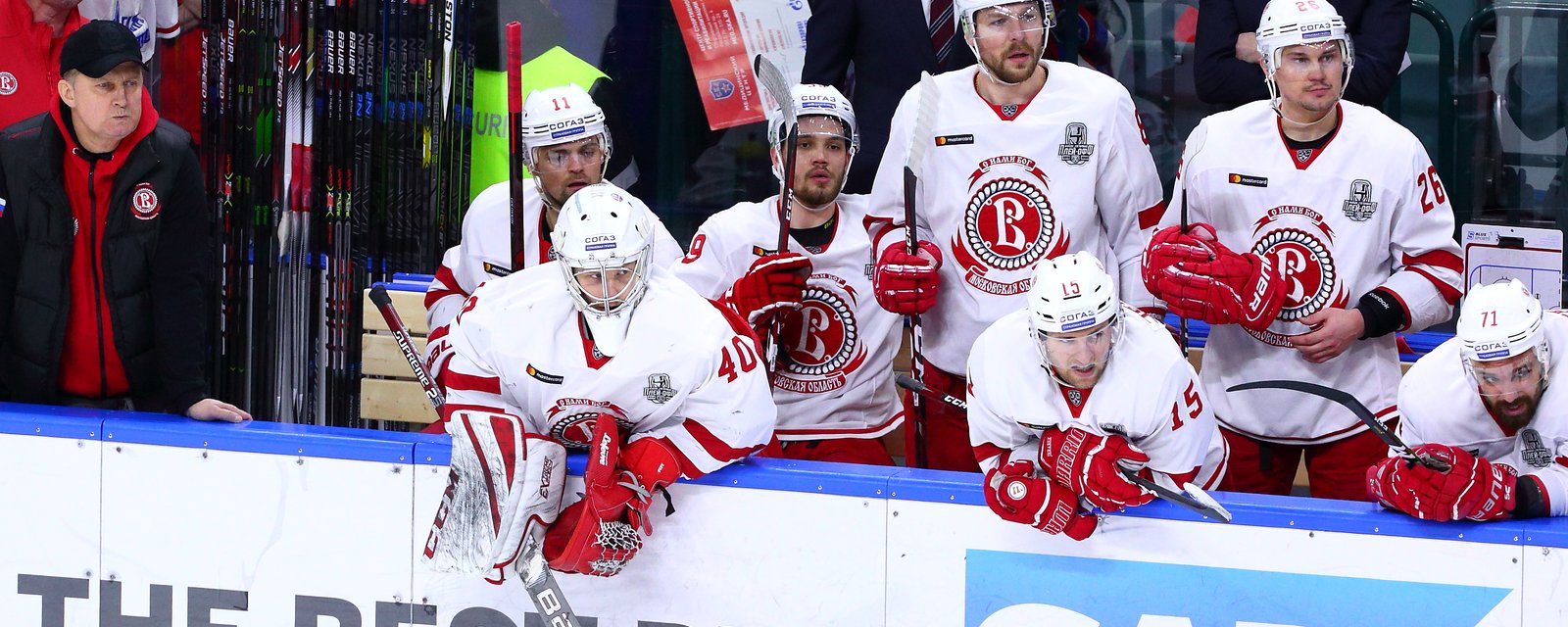Russian government wants to keep more hockey players at home
Are you ok with fewer Russian players in the NHL?
HockeyFeed
If the Russian government gets its way, more of the country's young hockey players will stay at home rather than seeking their fortune in the NHL. The newly appointed Deputy Prime Minister of Russia, Dmitry Chernyshenko, has issued an order to the Ministry of Sports, The FHR (Russian Hockey Federation) and the KHL to "come up with a program to reduce the number of young players going to North America through administrative and legislative means."
It's interesting to note that, until recently, Chernyshenko was the commissioner of the KHL. He helped implement a hard salary cap of 900 million rubles ($13.5 million USD) with a floor of 270 million rubles ($4.07 million USD). FHR head Vladimir Tretiak has gone on record saying that the cap needs to be raised to 1.3 billion rubles (19.6 million USD). According to Chernyshenko, the increase in the cap was necessary because some teams were paying their bottom forward and defensemen lines more than other clubs were paying their top line player. The cap and floor are supposed to make the KHL a more competitive, commercial entity, attractive enough for owners to compete without any government funding.
It's estimated around 30 NHL skaters, as well as six goaltenders currently playing in the NHL are originally Russia. While the percentage of overall players is small, it includes some big names, such as Alex Ovechkin, Evgeni Malkin, Artemi Panarin, Sergei Bobrovsky, Nikita Kucherov, among others. It will be interesting to see if any of the measures implement during this process in Russia keeps any potential stars out of the NHL. Chernyshenko has stated that "it's important to understand that our players go [to North America] not just for money, but often for the sake of their athletic ambitions. He believes that the cap will increase the level of true competition within the KHL and allow the spread of high-skilled players to compete with each other, rather than be part of loaded teams. The increased competition, according to him, would then lead to an increased level of play.
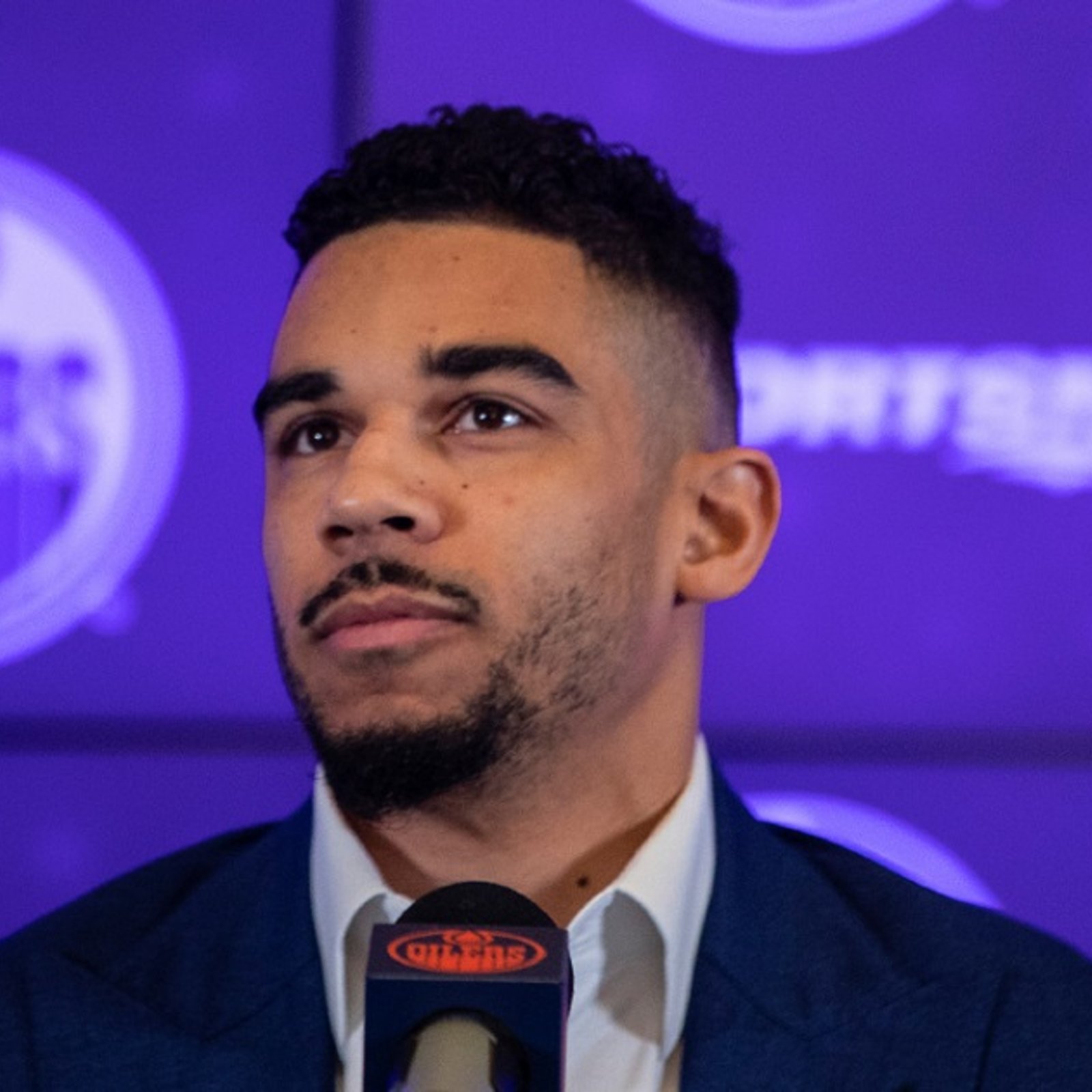
- Jonathan Larivee
Terrible news from Evander Kane just before Game 1.
- NHL News
- 2 minutes read
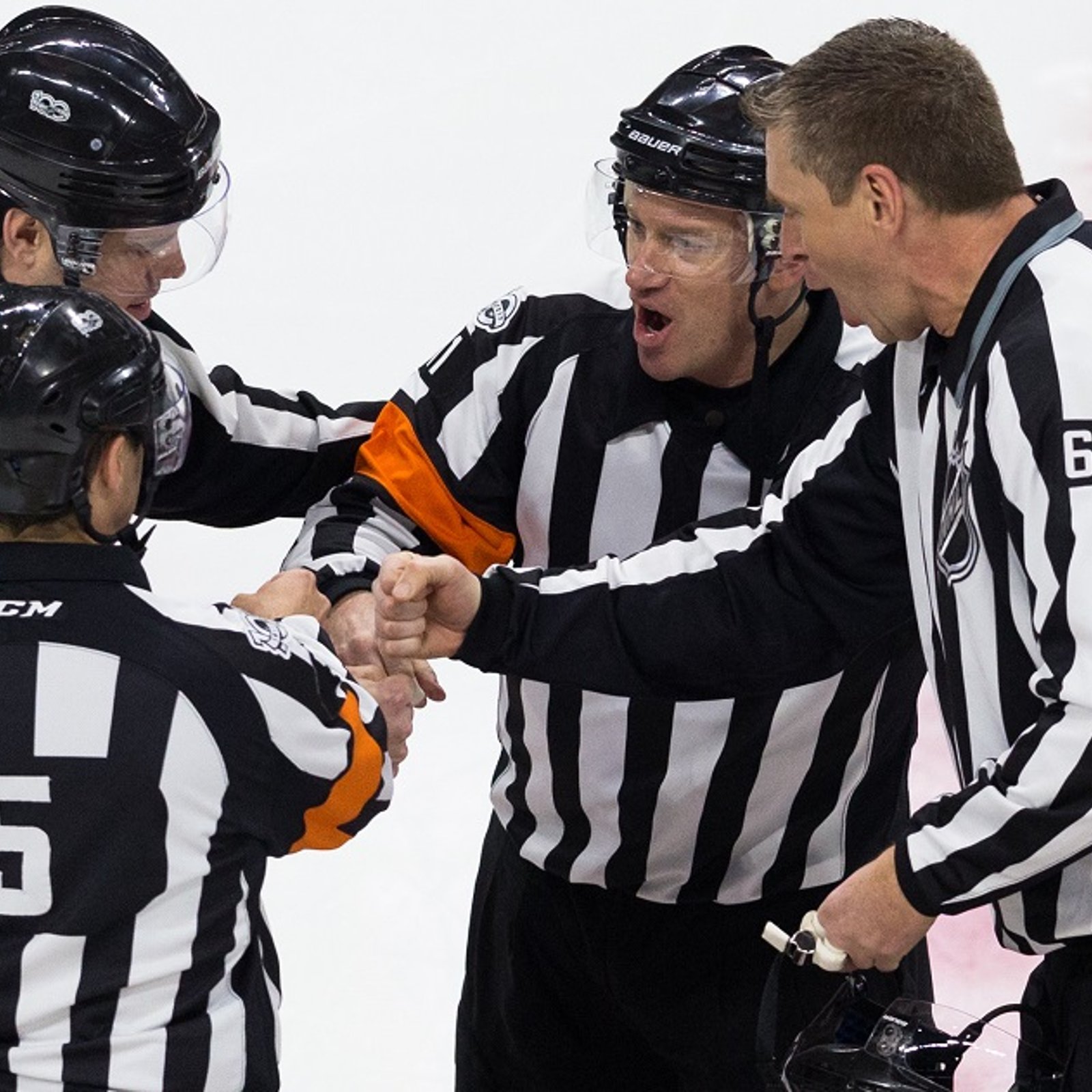
- Jonathan Larivee
Refs intervene over questionable act from Leafs after Game 1.
- NHL News
- 2 minutes read
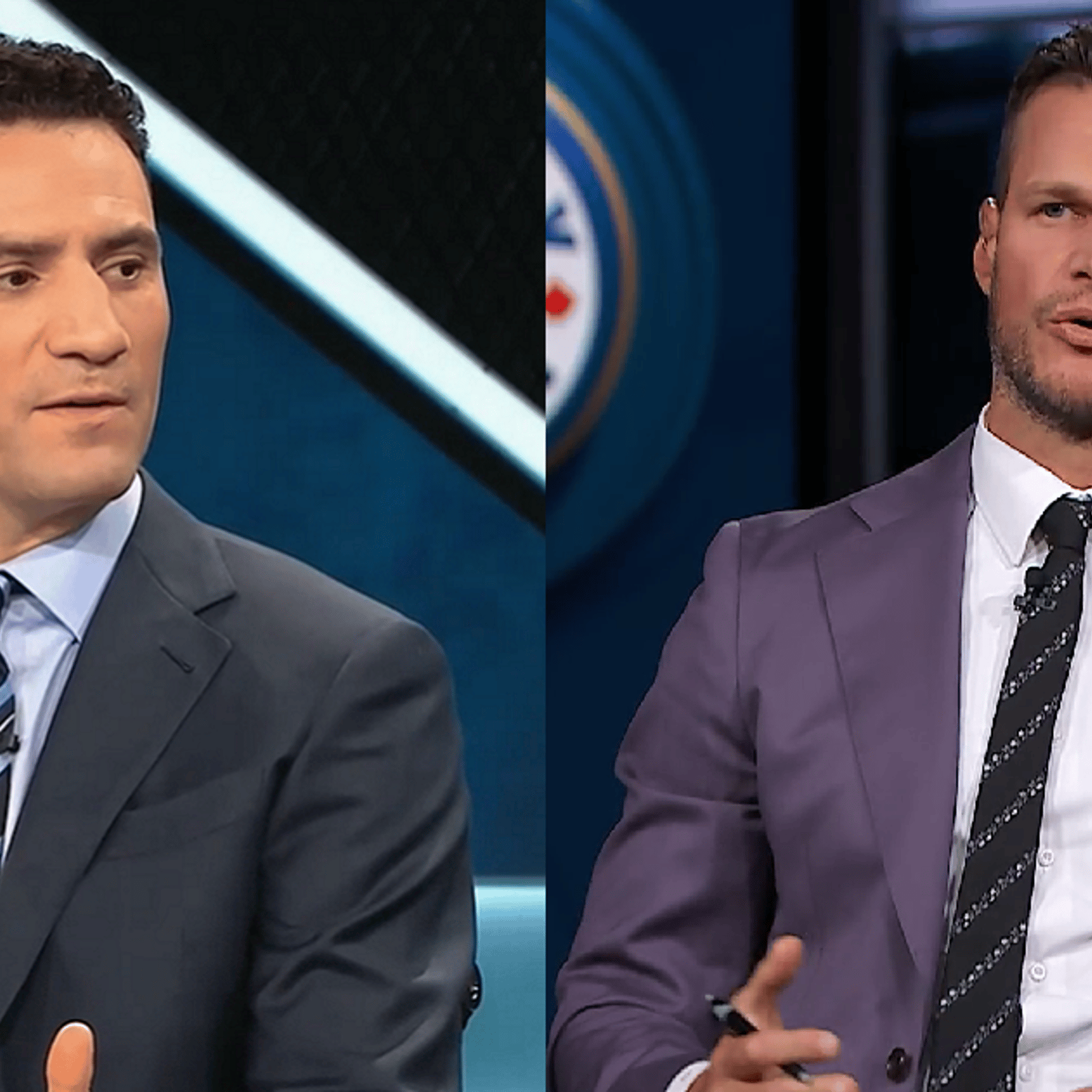
- Jonathan Larivee
Bieksa, Bissonnette call out 2 Maple Leafs after a brutal Game 1.
- NHL News
- 3 minutes read
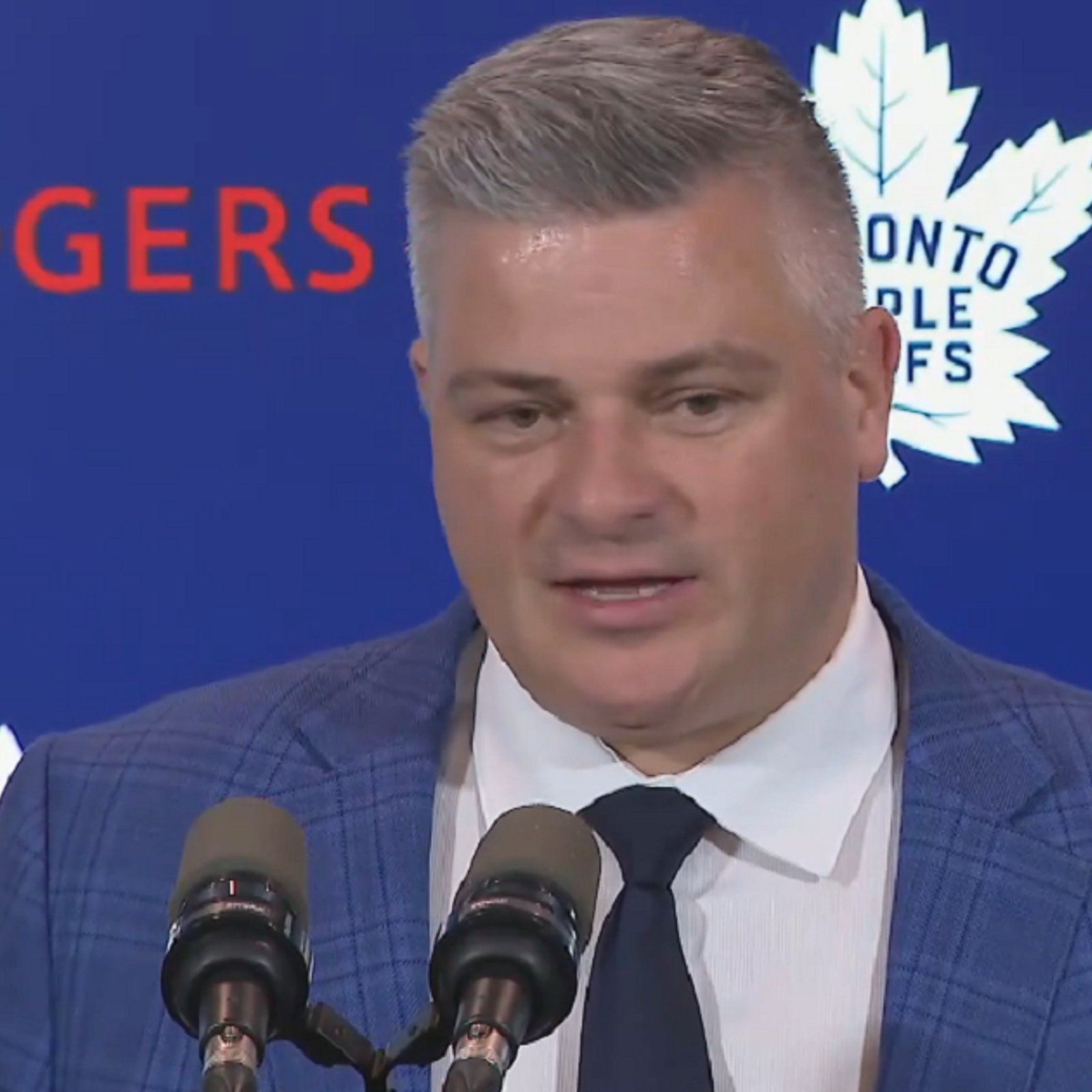
- Jonathan Larivee
Sheldon Keefe calls out Max Domi over Game 1 performance.
- NHL News
- 2 minutes read
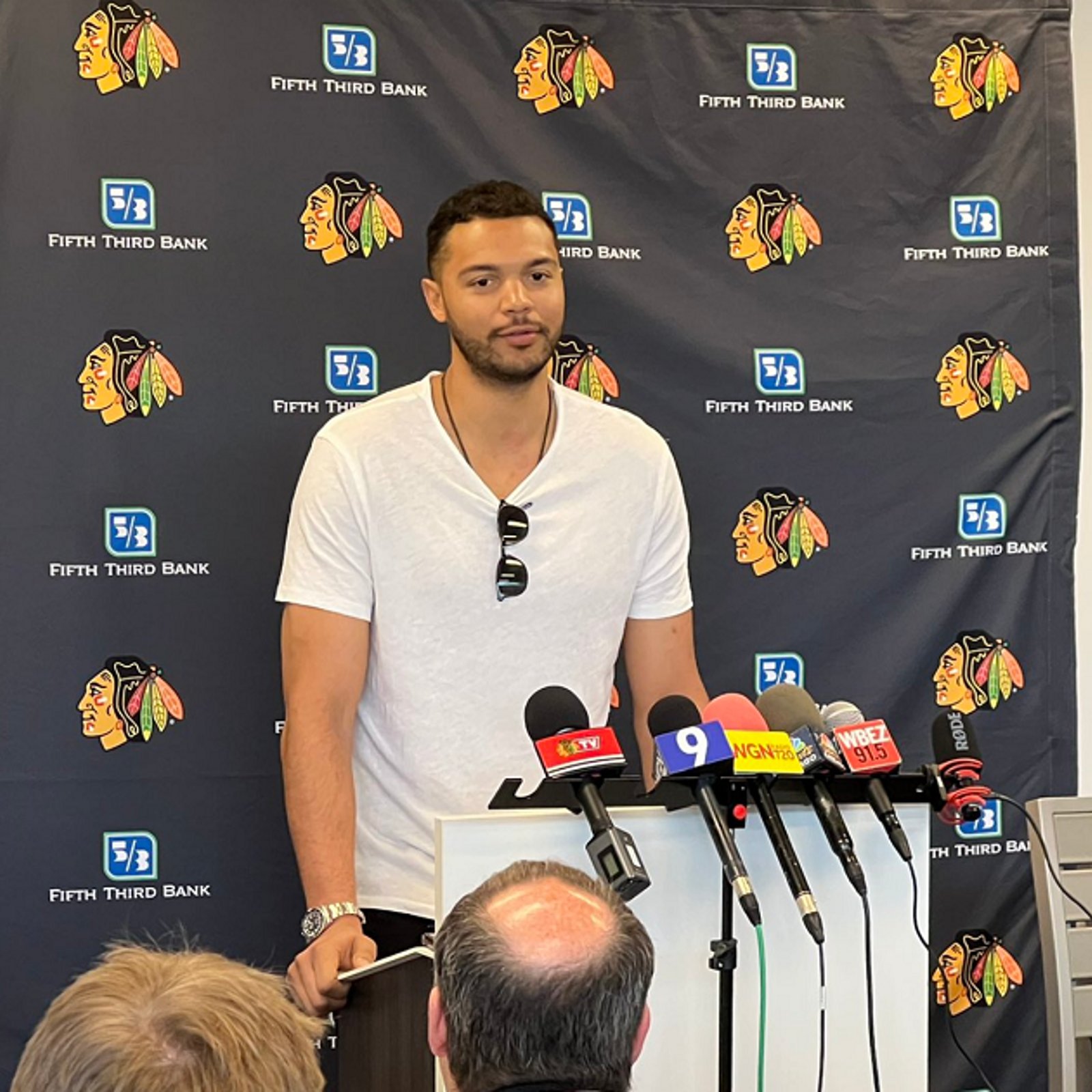
- Jonathan Larivee
Seth Jones' comments rub fans in Chicago the wrong way.
- NHL News
- 3 minutes read
